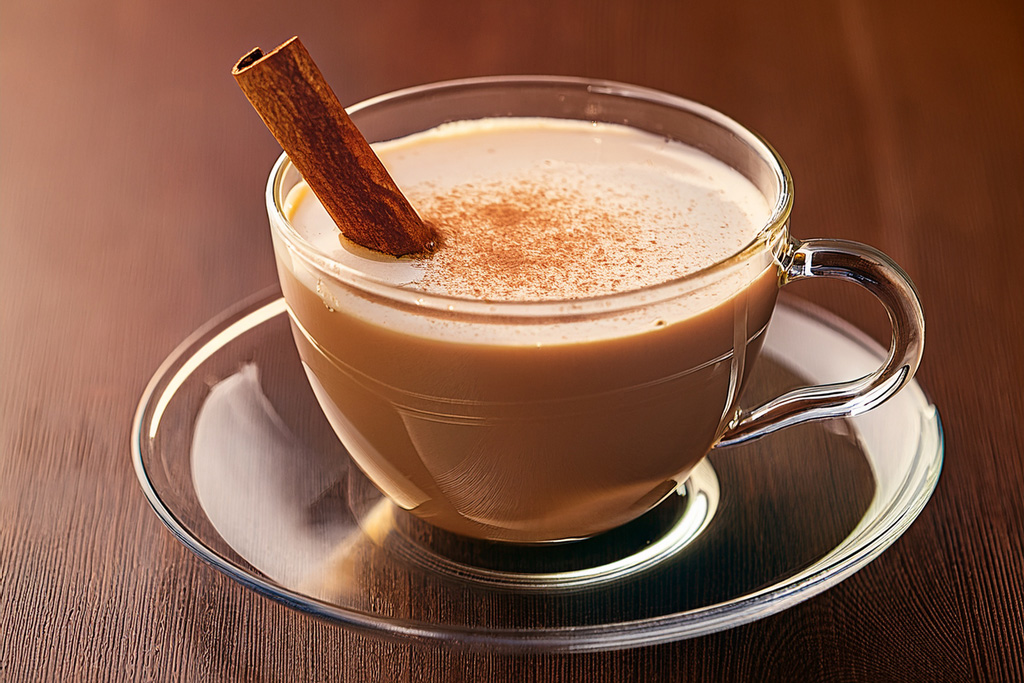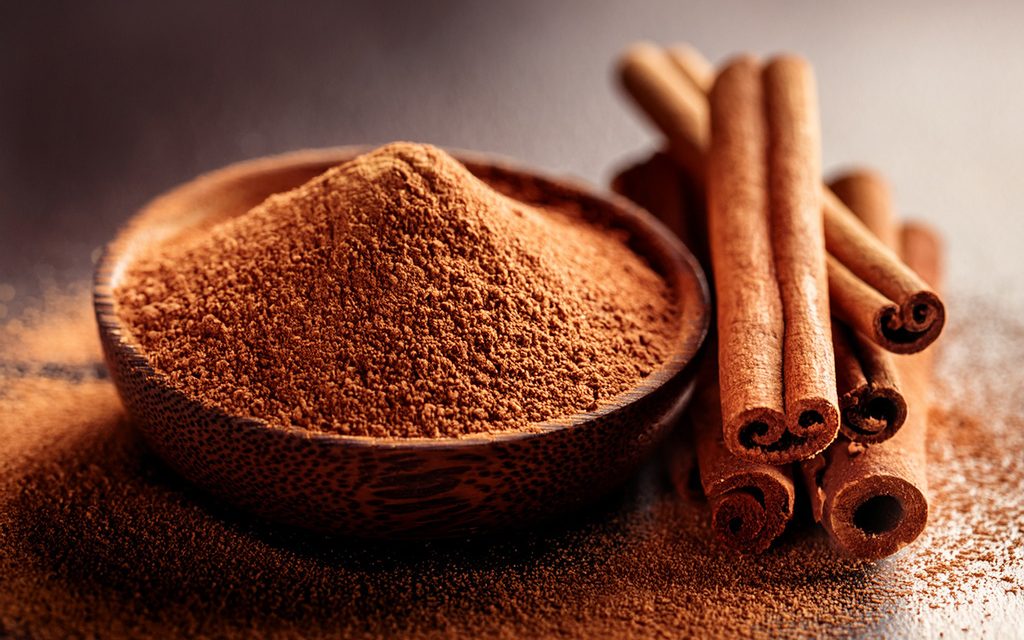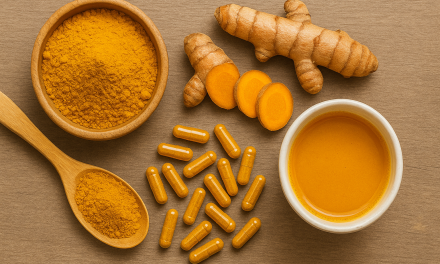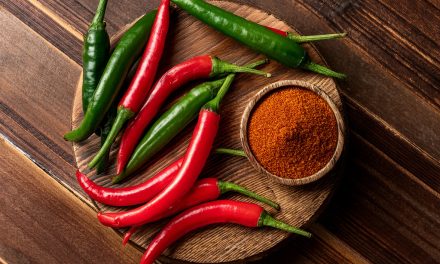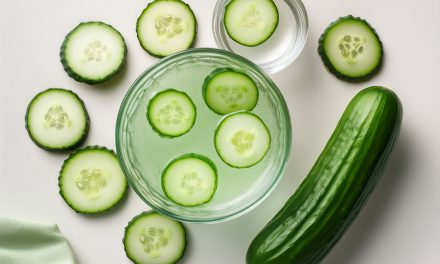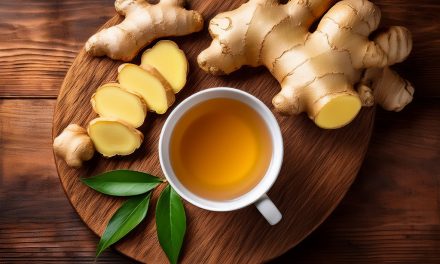🍂 What Is Cinnamon?
Cinnamon is that cozy, warm, slightly spicy flavor that screams comfort – whether it’s in your chai, your grandma’s apple pie, or a sprinkle on your morning latte. It’s made from the inner bark of cinnamon trees, dried and rolled into sticks or ground into powder. And yes, it smells like happiness.
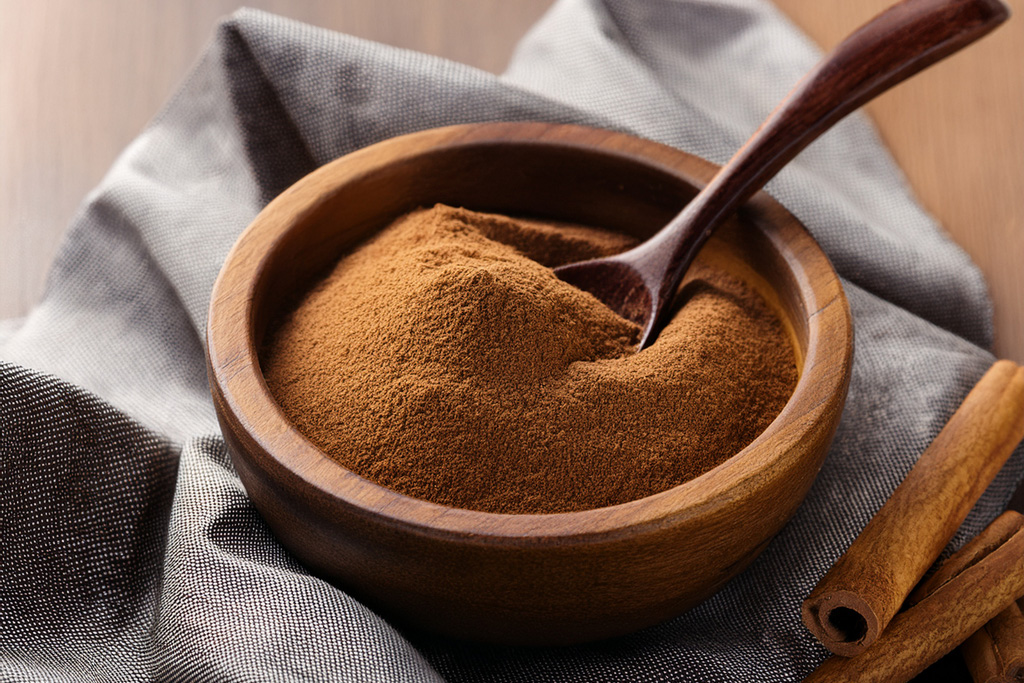
🧪 Scientific Name
Cinnamon mainly comes in two varieties:
-
Cinnamomum verum – also called true cinnamon or Ceylon cinnamon
-
Cinnamomum cassia – the more common, bolder-flavored version known as cassia
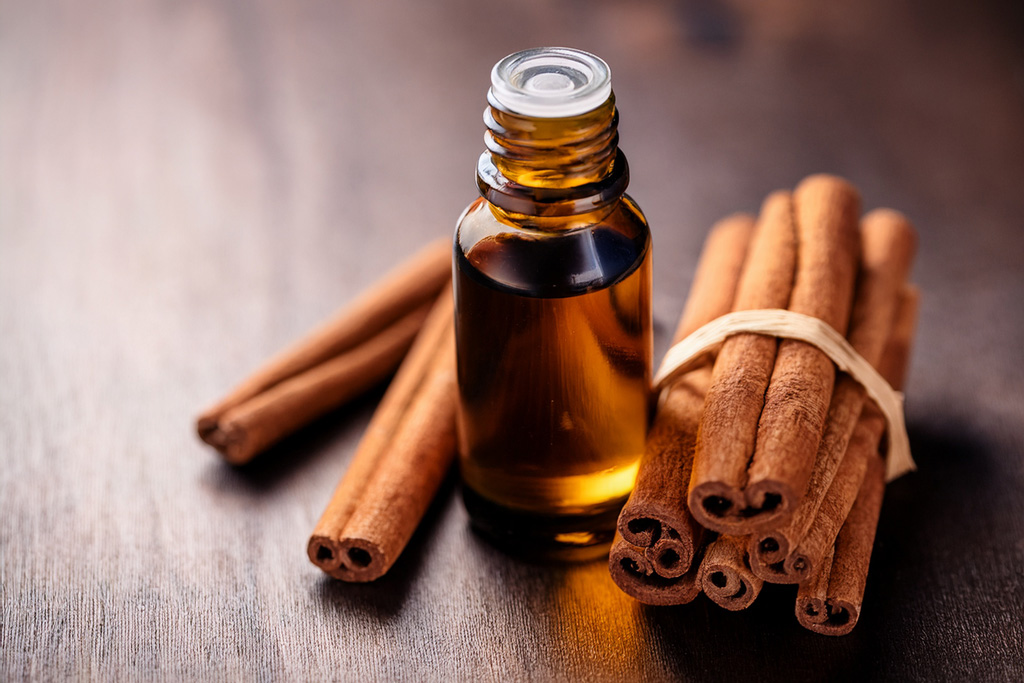
🍵 Forms of Cinnamon
You’ve definitely seen cinnamon in a few of these forms:
-
Cinnamon sticks (quills)
-
Ground cinnamon powder
-
Cinnamon essential oil
-
Cinnamon capsules or tablets (as supplements)
-
Cinnamon tea
Each form brings its own vibe, from sweetening desserts to spicing up traditional remedies.
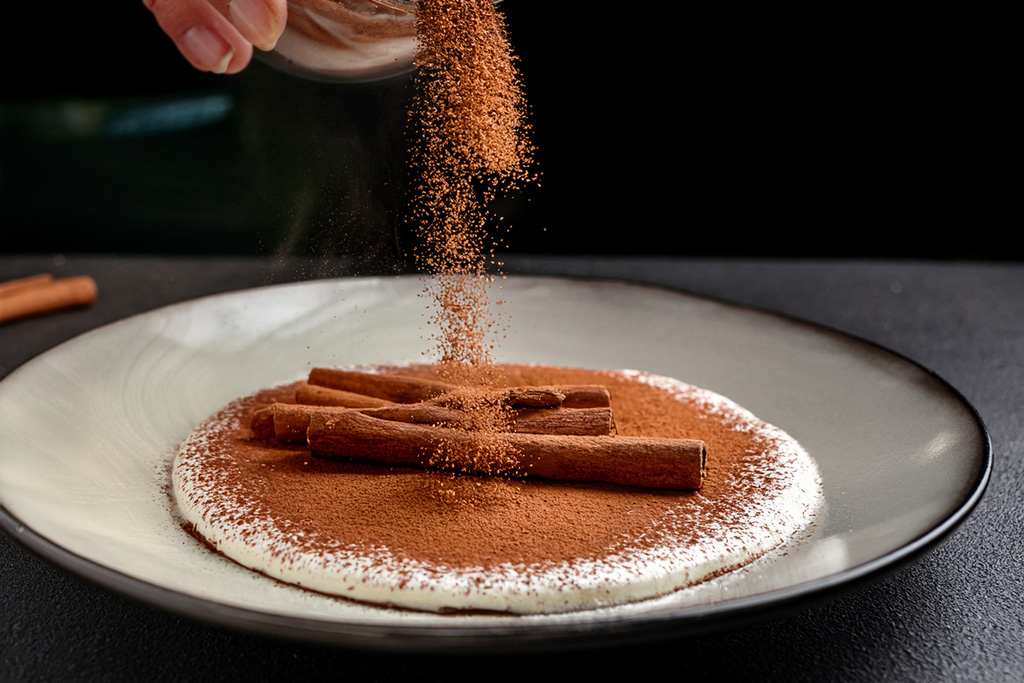
🌍 Where Does Cinnamon Come From?
Cinnamon originated in Sri Lanka, southern India, and parts of Southeast Asia. The “true” cinnamon (Ceylon) is native to Sri Lanka, while cassia is more commonly grown in China, Indonesia, and Vietnam.

🏛️ A Pinch of History
Cinnamon has been treasured since ancient times – like, 4000 years ago ancient! It was once so valuable that it was gifted to kings and gods. The Egyptians used it for embalming (fancy!) and the Romans saw it as a symbol of wealth. Traders kept its origins secret for centuries to maintain high prices. Cinnamon was basically the gold of the spice world.
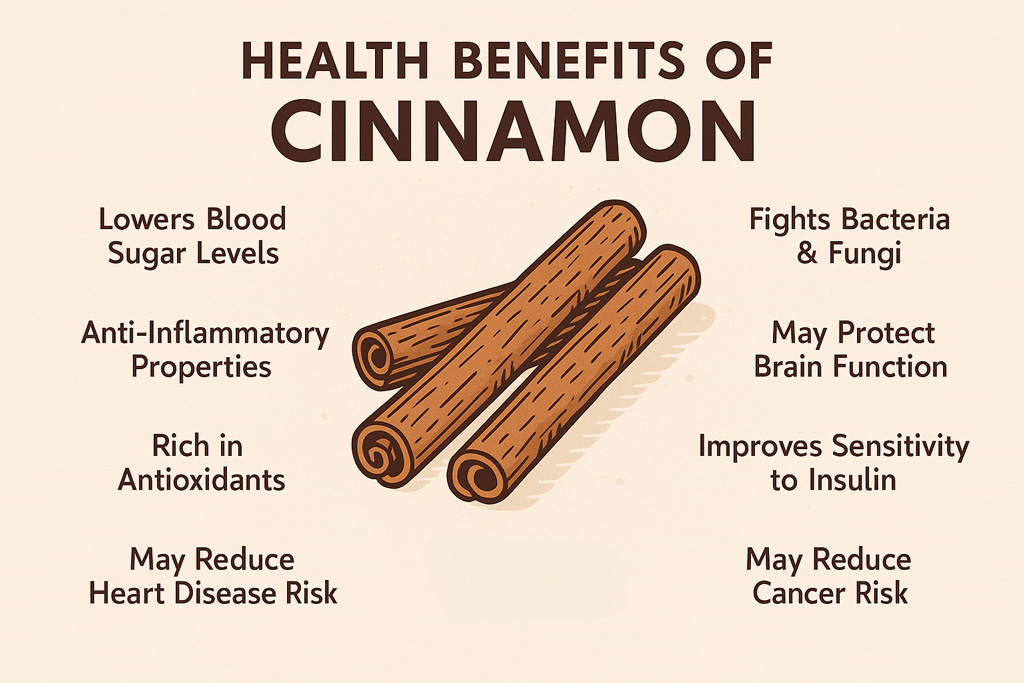
🌟 Benefits of Cinnamon
Cinnamon isn’t just a pretty scent and flavor. It’s got serious benefits, such as:
-
Anti-inflammatory effects
-
Rich in antioxidants
-
Helps regulate blood sugar
-
May lower cholesterol
-
Supports brain health
It’s a little spice with big perks.
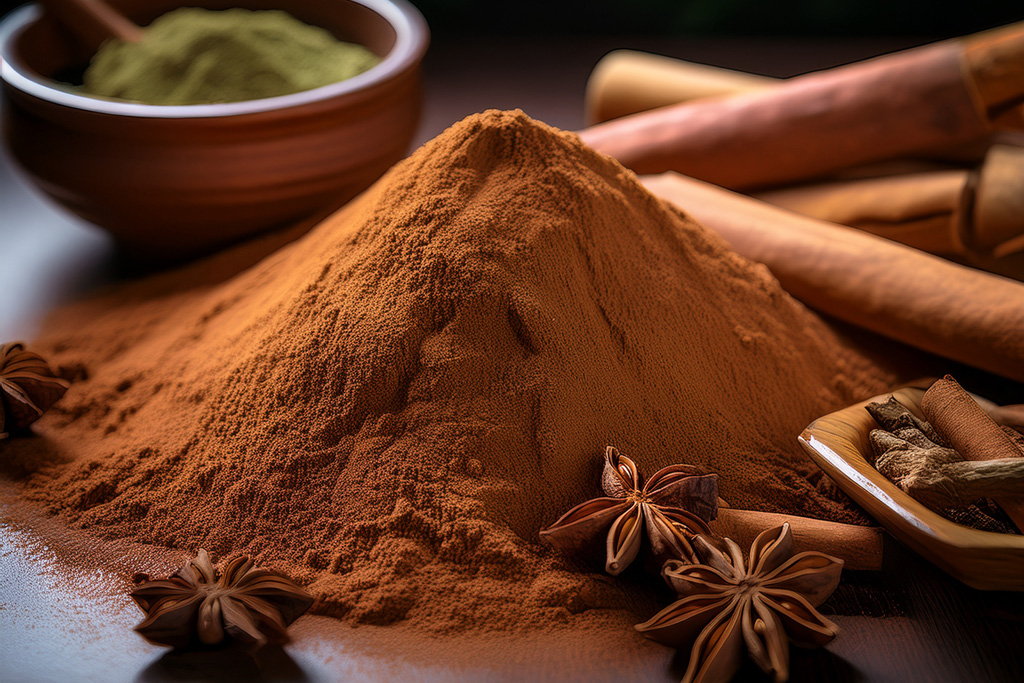
🌿 Traditional Uses
Traditionally, cinnamon was used in:
-
Ayurveda to improve digestion and circulation
-
Traditional Chinese Medicine to treat cold symptoms
-
Middle Eastern remedies for respiratory issues
-
Folk medicine for nausea and menstrual relief
It was the go-to spice for warming the body and boosting energy.
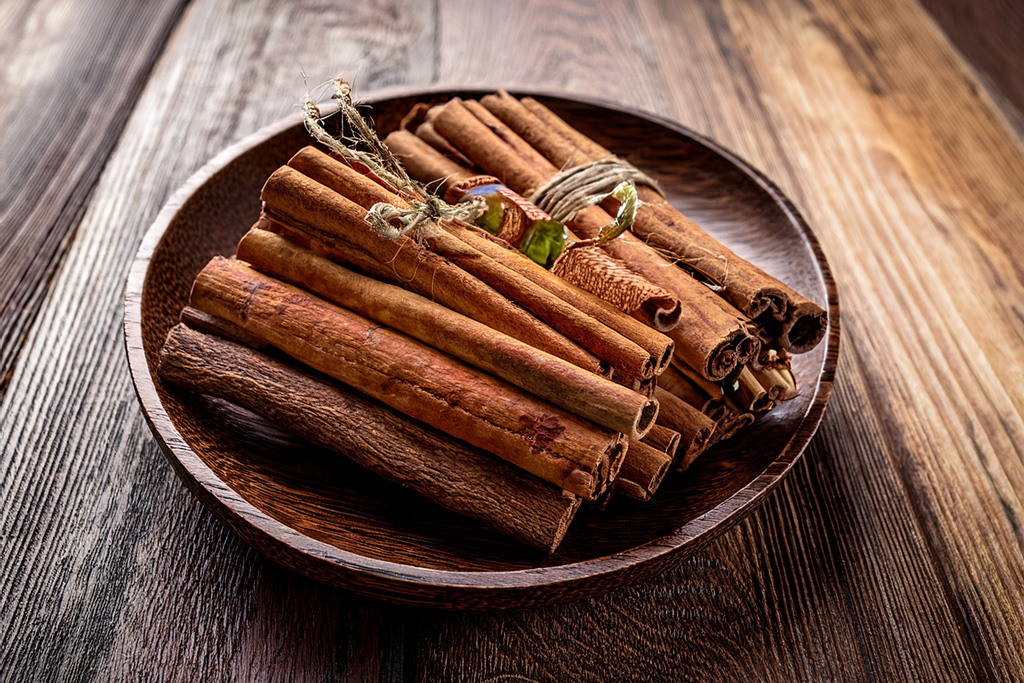
🧑🔬 Modern Uses
Today, cinnamon’s not just in your grandma’s spice rack:
-
Used in skincare (natural antiseptic properties)
-
Flavoring for everything from coffee to cocktails
-
Essential oil in aromatherapy and massage
-
Natural mouthwash (thanks to its antibacterial powers)
-
As a supplement for managing blood sugar in people with diabetes
It’s gone from ancient potion to trendy superfood.
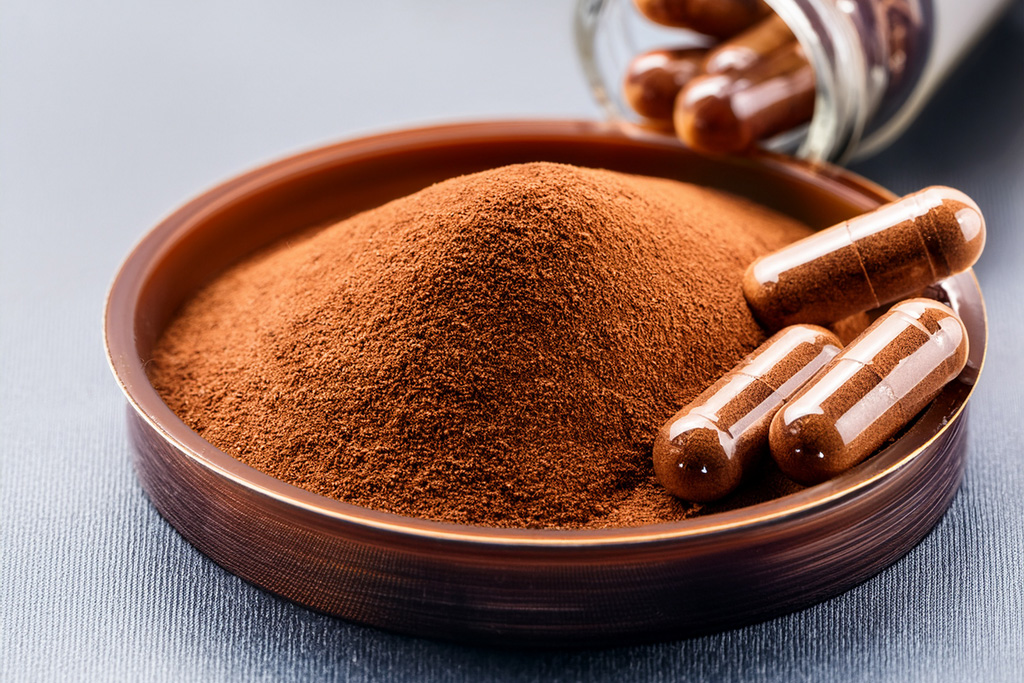
🏥 Medical Uses (What Science Says)
Science is catching up with what traditional healers already knew. Research suggests cinnamon may:
-
Help reduce fasting blood sugar levels
-
Improve insulin sensitivity
-
Lower inflammation markers
-
Fight fungal and bacterial infections
-
Support heart health by reducing bad cholesterol
It’s not a magic cure, but adding a little cinnamon to your life doesn’t hurt (unless you try the cinnamon challenge — don’t do that 😅).
